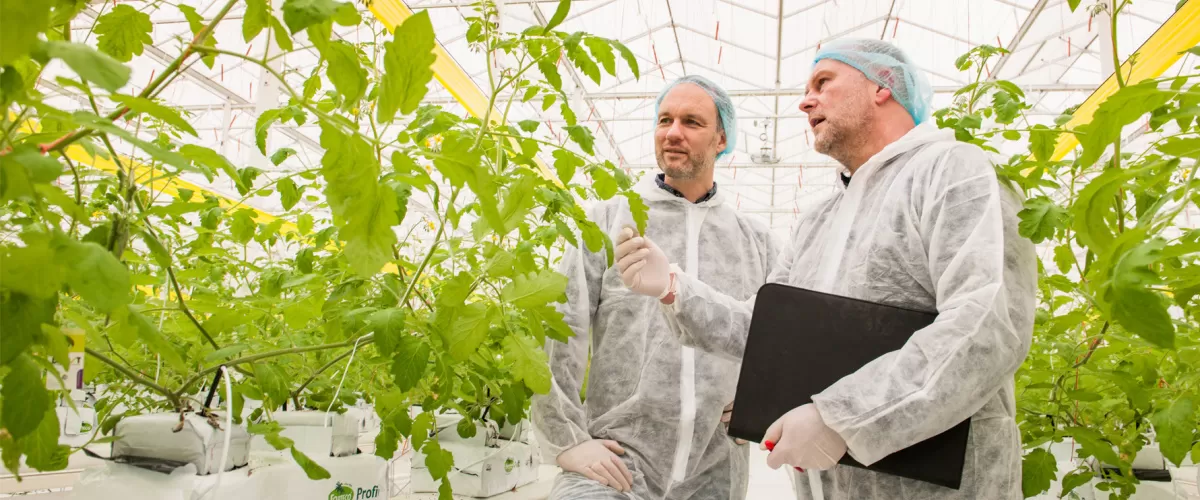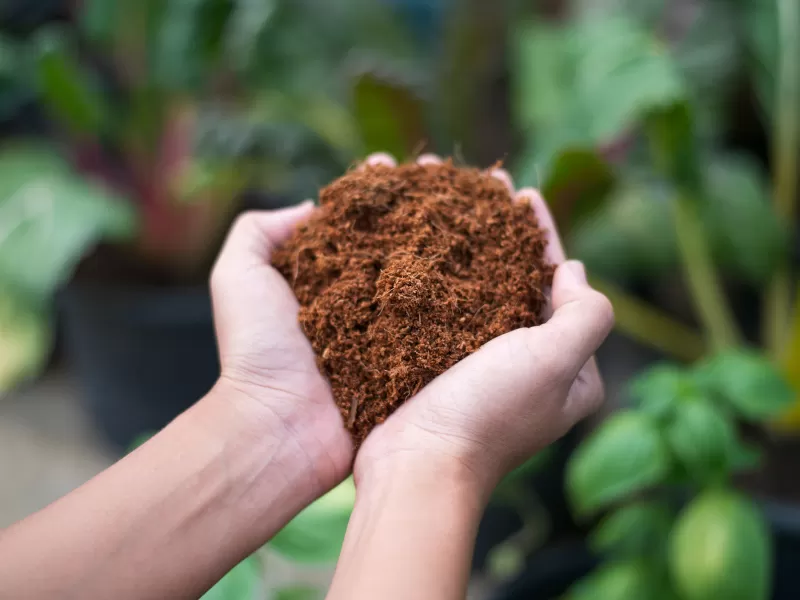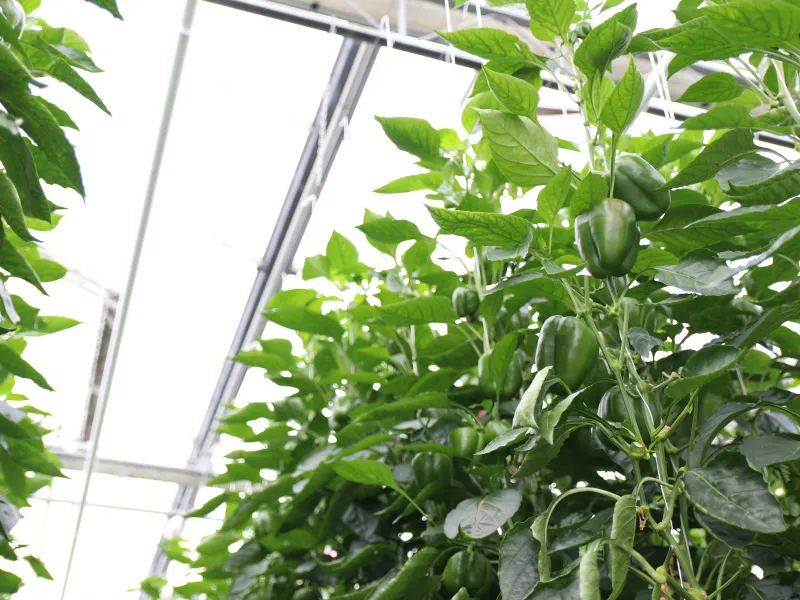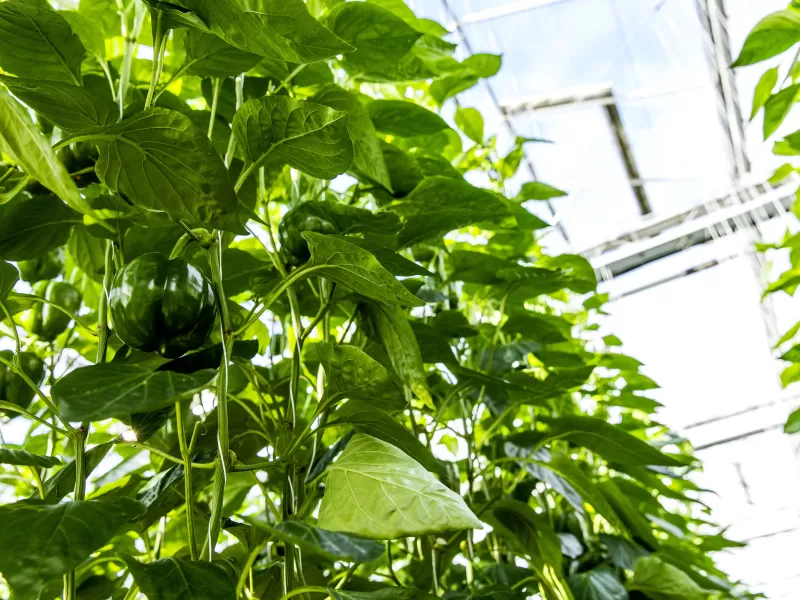Coco in cultivation
Recently, partly due to high energy prices, mineral substrates such as stone wool have seen a substantial price increase. This has resulted in prices rising to the same levels as those for coco substrate, making coco a realistic alternative for growers. Moreover, coco is also a sustainable substrate.
The fact that excellent growing results can be achieved on coco substrate is a result of its excellent properties. Coco has a natural high air holding capacity and absorbs water easily. Coco is also extremely suitable for developing an active soil life. This contributes to the growth of resilient plants, that are more resistant to pests and diseases. Recent research at innovation centre ‘de Kas’ also showed that coco not only has a high level of biodiversity, but that an active soil life is already present which develops further during cultivation. In contrast, stone wool lacks soil life in the initial phase and develops this less effectively during the growing season.
Sustainable coco production
In recent years, Van der Knaap has made great strides in terms of sustainable coco production. Water consumption has been reduced during the production process, and multiple water treatment facilities have been installed, making water reusable and suitable for irrigation in local agriculture. A new, organically based technique for buffering coco eliminates the need for calcium nitrate use.
“Due to the strategic location of our production sites, in both Asia and Central America, we can minimise logistical distances to the sales market”, explains Veenstra. An additional advantage of coco is that it can be compressed and transported more efficiently compared with other substrates.
Recycling organic coco substrate
Transporting mineral substrates, such as stone wool, can entail considerable costs. Additionally, recycling is a process that requires high energy use. These cost items are continuing to rise, partly due to high energy prices. Globally, a large proportion also ends up on landfill sites where, currently, not everything is recycled.
The situation is different when it comes to coco substrate. Coco substrate is an organic product made from coconut husk. As coco substrate is an organic product with stable properties, various organisations are interested in recycling and reusing coco material. Plastic is separated from the organic material. After recycling and processing by a specialist recycling company, coco can be reused for other crops or different purposes. The structure of coco helps to aerate the soil and increase moisture availability. This way, substrate gets a new lease of life. For growers who chooses to grow on coco, it offers many advantages, as used substrate can be removed for a low rate.
More information
Van der Knaap has made agreements with various organisations that process coco. For more information, please contact us via vdk@vanderknaap.info.



